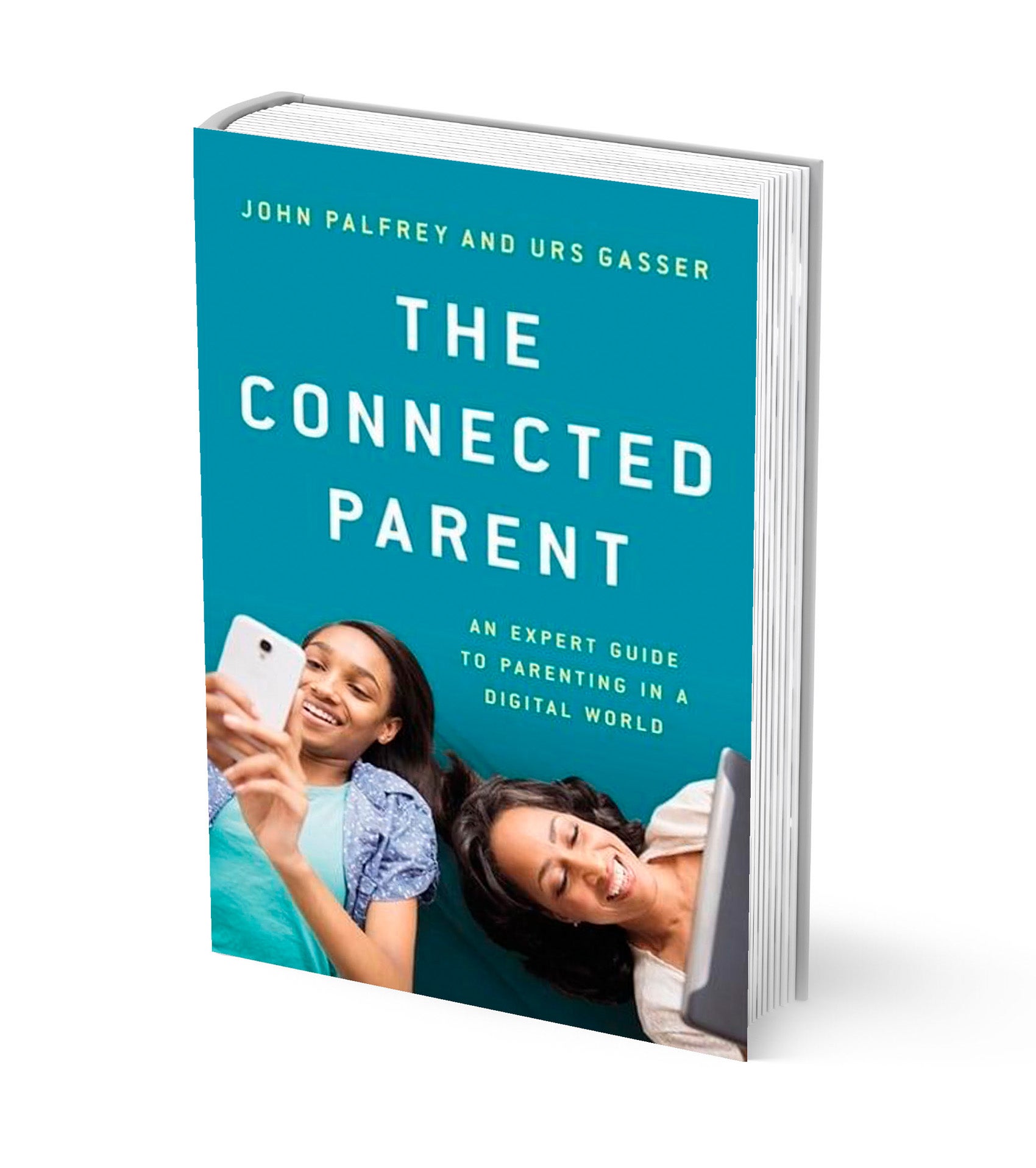
“Law and Leviathan: Redeeming the Administrative State,” by Cass R. Sunstein ’78 and Adrian Vermeule ’93 (Belknap Press)
HLS Professors Cass Sunstein and Adrian Vermeule seek to address critics of the administrative state who charge that it allows agencies to exercise powers that should be left to the executive and judicial branches. While acknowledging that some agency practices raise constitutional questions, the authors write that “American administrative law has its own internal morality, a reflection of the internal morality of law.” That internal morality, they argue, is responsive to the concerns of skeptics, pointing to checks and limits that shape and give legitimacy to the administrative state. Ultimately, democracy and freedom are facilitated—not threatened—by the modern administrative state, they conclude.

“The Connected Parent: An Expert Guide to Parenting in a Digital World,” by John Palfrey ’01 and Urs Gasser LL.M. ’03 (Basic Books)
Building on the research from their previous book, “Born Digital,” former HLS faculty member John Palfrey and current Professor of Practice Urs Gasser offer parents advice on how to navigate a world in which their children are immersed in technology like no generation before. The authors propose a philosophy of “connected parenting,” whereby parents understand and stay abreast of technology and embrace the positive aspects of digital culture while helping children avoid its risks. They cover topics such as how much time to spend online and how technology affects children’s social life and ability to learn. By connecting with their kids in their online and offline lives and continuously working to maintain a good balance of both, parents can meet the challenges of a new world, they write.

“Too Much Information: Understanding What You Don’t Want to Know,” by Cass R. Sunstein ’78 (MIT Press)
During his time in the Office of Information and Regulatory Affairs in the Obama administration, Cass Sunstein worked on a regulation requiring a variety of establishments, including movie theaters, to disclose the calories of the food they sell. He thought people would appreciate the information—until a friend told him that he was ruining popcorn. It showed that for some people, more information is not always better. In his book, Sunstein explores when government should require disclosure and when it shouldn’t (and also when people should disclose information to the government), based on a standard of whether it would significantly improve people’s lives. The concept of a right to know information is less useful, he asserts, than how people think they will feel if they end up knowing.
